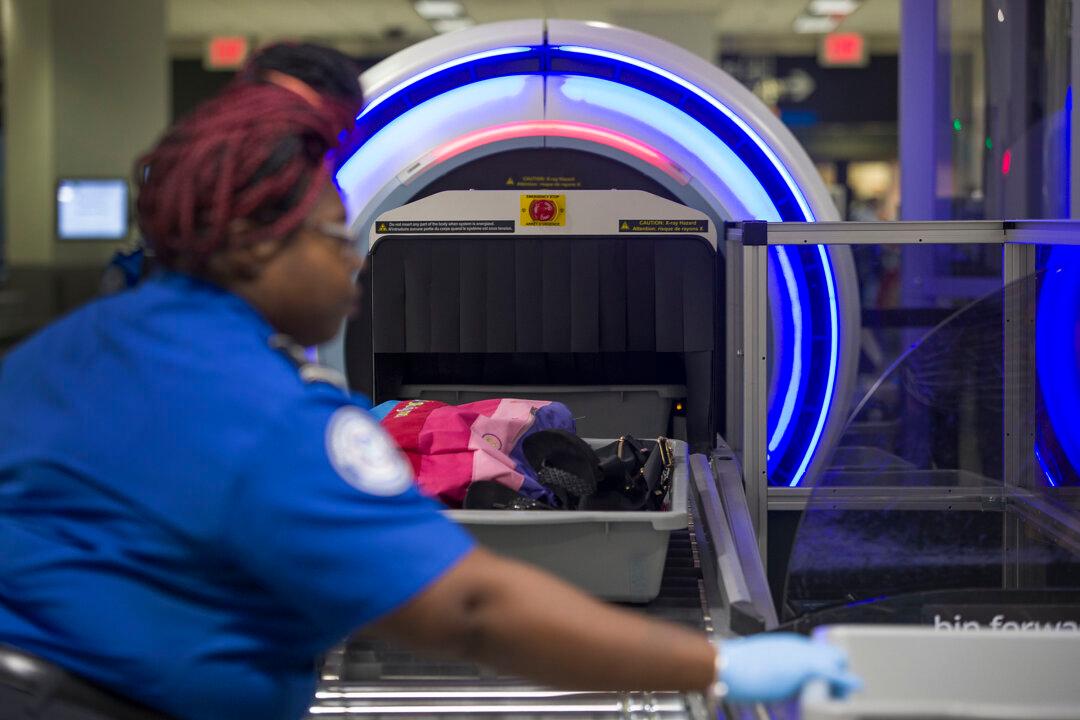A federal judge ruled that the government’s Terrorist Screening Database (TSDB), a watchlist of more than 1 million known or suspected terrorists, including only about 4,600 U.S. citizens, violates the constitutional rights of those included in it.
Judge Anthony J. Trenga of the U.S. District Court for the Eastern District of Virginia granted summary judgment to 23 Muslim U.S. citizens who challenged the FBI-administered watchlist with the assistance of the Council on American–Islamic Relations (CAIR), a Muslim advocacy organization with ties to Islamic terrorist groups.





